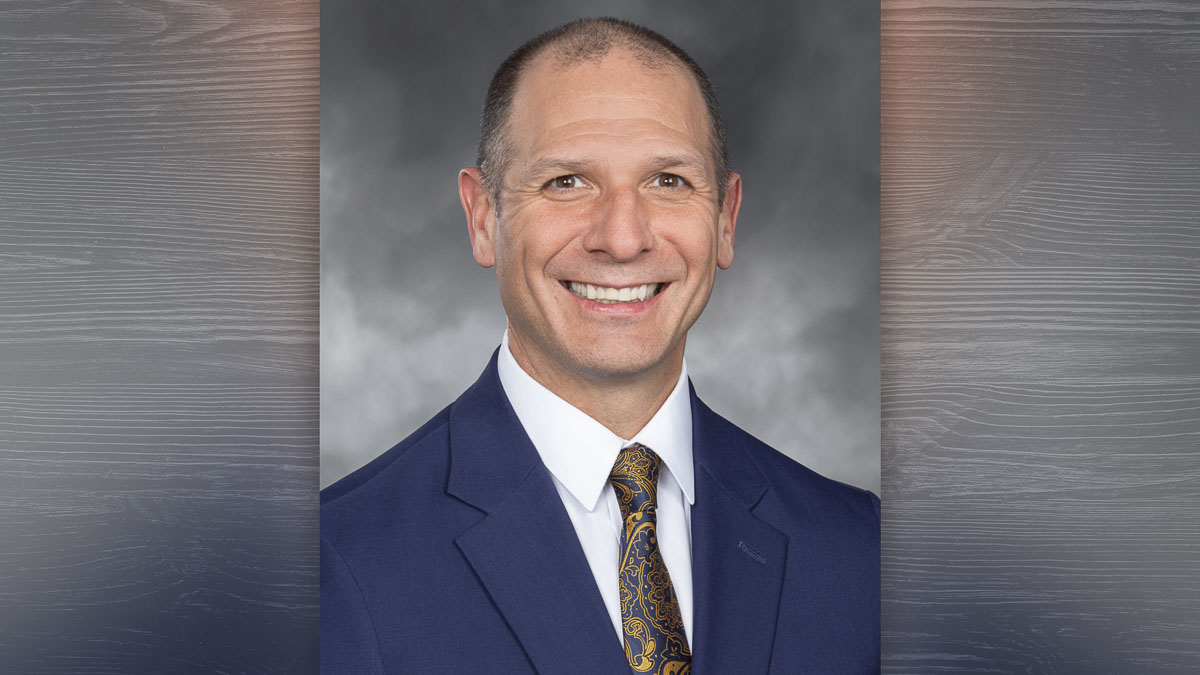
This legislation harnesses cost-saving strategies to deliver financial relief to customers and strengthen utilities’ ability to respond to future crises
With wildfires, severe storms, and other disasters impacting more Washingtonians each year, Rep. Peter Abbarno, R-Centralia, has introduced House Bill 1656 – a bipartisan solution to help utility companies recover emergency costs while protecting families and businesses from higher utility bills. This innovative legislation harnesses cost-saving strategies to deliver financial relief to customers and strengthen utilities’ ability to respond to future crises.
“This bill is about protecting ratepayers while ensuring utilities can continue to respond effectively to emergencies,” said Abbarno. “With the increasing frequency of wildfires and other natural disasters, we need tools that allow utilities to recover costs in a way that minimizes the impact on families and businesses across Washington.”
HB 1656 allows electrical, gas, and water companies to use a financial mechanism called securitization to manage certain emergency-related costs. This approach enables utilities to minimize utility bill impacts on customers by financing the costs through bonds so that emergency costs can be recovered over time rather than over a short period. The bill also requires approval from the Washington Utilities and Transportation Commission to ensure that the securitization process provides the lowest possible cost for utility customers. Additionally, it includes safeguards to maintain the financial stability of the bonds, giving investors confidence while protecting ratepayers from unnecessary risks.
“HB 1656 reflects a bipartisan commitment to balancing financial accountability, environmental stewardship, and public safety,” Abbarno added. “This legislation is a win for utility customers, emergency response efforts, and fiscal responsibility. It demonstrates how we can come together to address critical issues while protecting families and businesses from rising costs.”
The House Environment and Energy Committee is expected to hear the bill next week. To provide testimony or track its progress, visit leg.wa.gov.
Information provided by the Washington State House Republicans, houserepublicans.wa.gov
Also read:
- Education Committee approves Rep. Stephanie McClintock’s bipartisan bill to assess why students are leaving public schoolsA bipartisan bill from Rep. Stephanie McClintock aims to survey parents on why students are leaving public schools, aiming to improve student retention and education policies.
- Gluesenkamp Perez, bipartisan colleagues introduce bill to address shortage of skilled construction workersRep. Gluesenkamp Perez and bipartisan colleagues introduced the CONSTRUCTS Act, aiming to address the skilled construction labor shortage and expand workforce training programs.
- Opinion: Will law concerning what parents can know about kids survive legislative challenge?Washington’s parental rights law, Initiative 2081, faces legislative challenges as lawmakers propose changes that could limit parental notification on student medical services.
- Rep. Kevin Waters bill to assist museums passes committeeRep. Kevin Waters’ bill to help museums manage unclaimed property moves forward, while two more bills addressing Washington lumber mills and education policies receive public hearings.
- Rep. Stephanie McClintock’s bill to allow teens to work more hours during the school year receives committee approvalRep. Stephanie McClintock’s bill to expand work hours for teens during the school year moves forward with committee approval.










